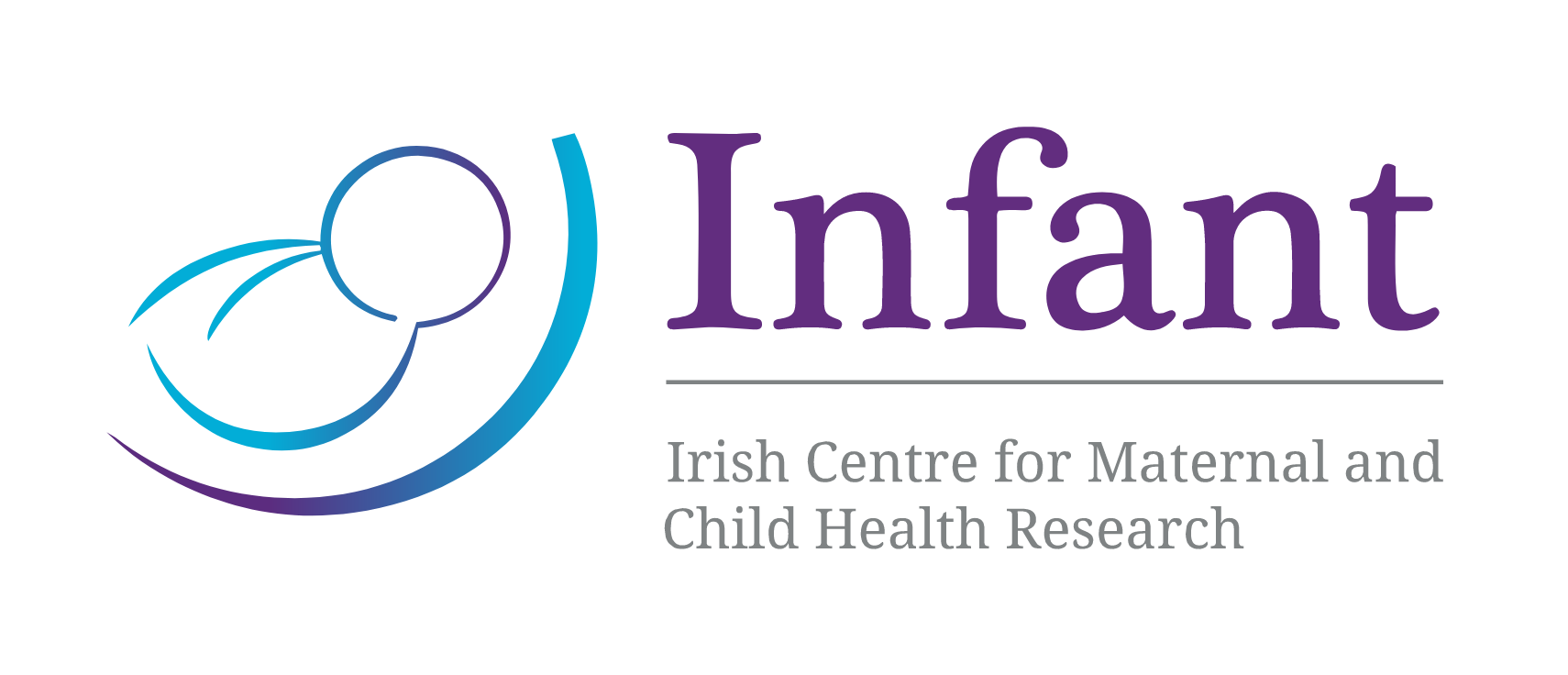COSGOD
Cerebral regional tissue Oxygen Saturation to Guide Oxygen Delivery
in preterm neonates during immediate transition after birth
What is COSGOD?
An investigator-initiated randomised, multi-centre, multinational, clinical trial on
additional cerebral tissue oxygen saturation monitoring
combined with defined treatment guidelines versus
standard monitoring and treatment as usual in premature infants during immediate
transition.
Background
Globally, approximately 11% of all newborn babies are born before 37 completed weeks of gestation resulting in an estimated 13-15 million premature babies annually. The mortality rate in extremely preterm neonates is nowadays globally approximately 27% and in Europe about 20%. Despite increasing survival rates preterm birth is still associated with high morbidity and neurodevelopmental impairment. The transition to life after birth is a complex physiological process where the neonate has to establish sufficient ventilation and changes from intra-uterine circulation to extra-uterine circulation take place. During these processes the neonate has to provide the brain with adequate perfusion and oxygen delivery to maintain normal cerebral tissue oxygenation and activity. If hypoxia and bradycardia both common events during immediate transition in preterm neonates occur, cerebral hypoxia–ischaemia may cause perinatal brain injury that is the major causes of mortality and long term neurodevelopmental impairment.
Objectives
The primary objective of the COSGOD Phase III trial is to examine, if it is possible to increase survival without cerebral injury in preterm neonates
Hypothesis
We hypothesise that by using cerebral tissue oxygen saturation in addition to SpO2 and HR monitoring and specified treatment guidelines during immediate transition and resuscitation we would increase survival without cerebral injury in preterm neonates.
Principal Investigator: Prof. Eugene Dempsey
Co-Investigators: Gerhard Pichler, Ursula Kiechl-Kohlendorfer, Angelika Berger, Gian Luca Lista, Axel Franz, Hans Fuchs, Jan Mazela, Lilijana Kornhauser-Cerar, Christoph Schwarz
